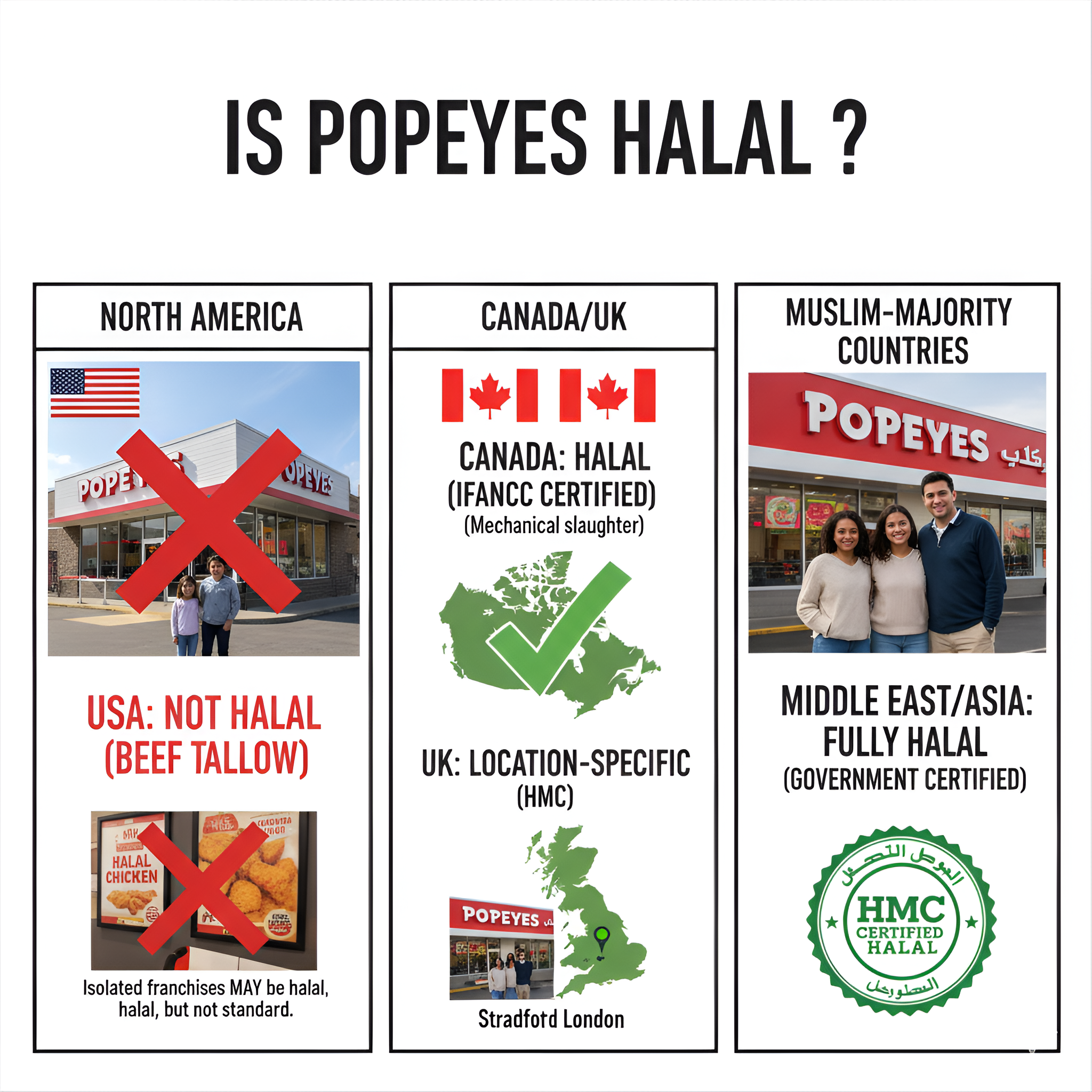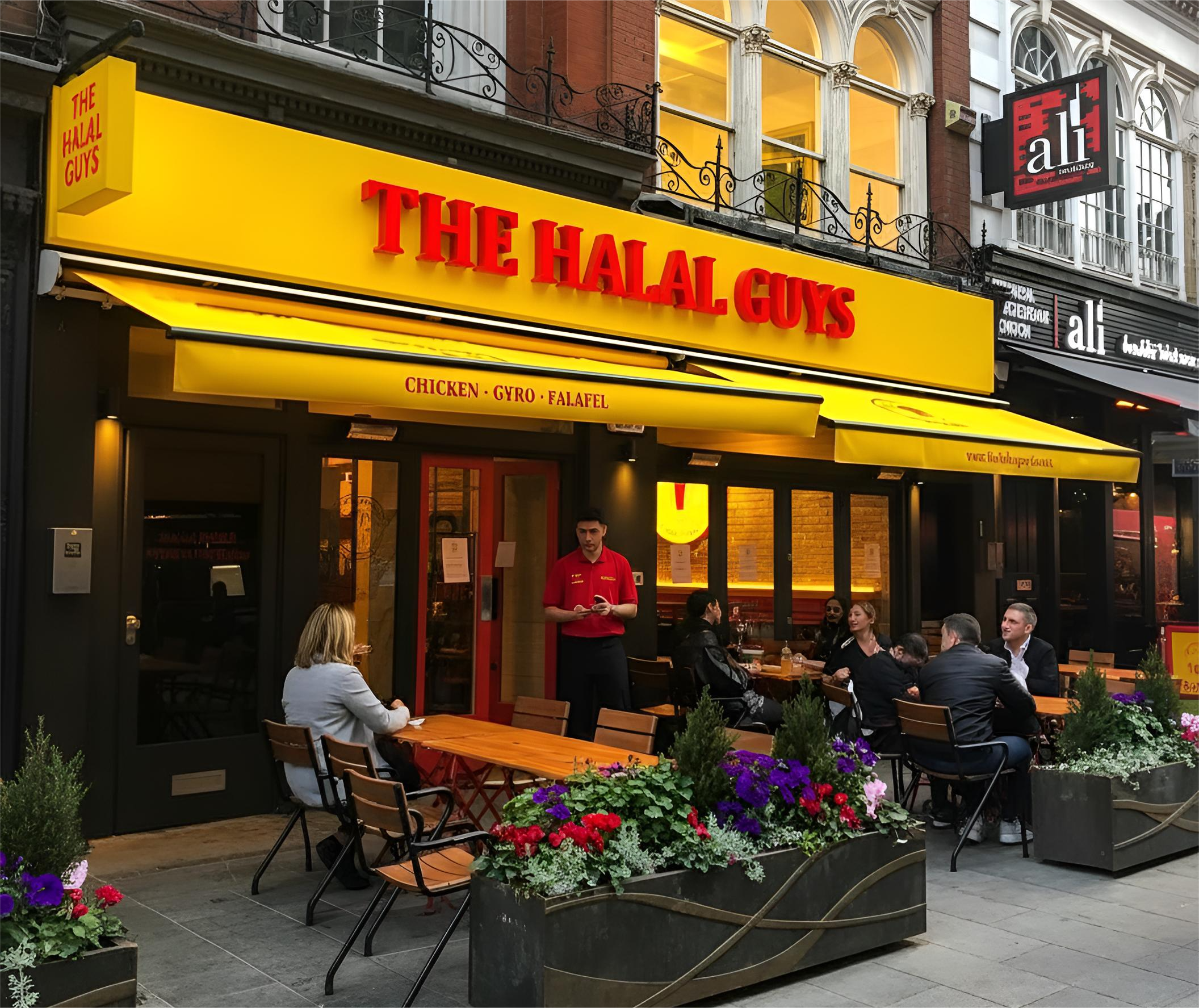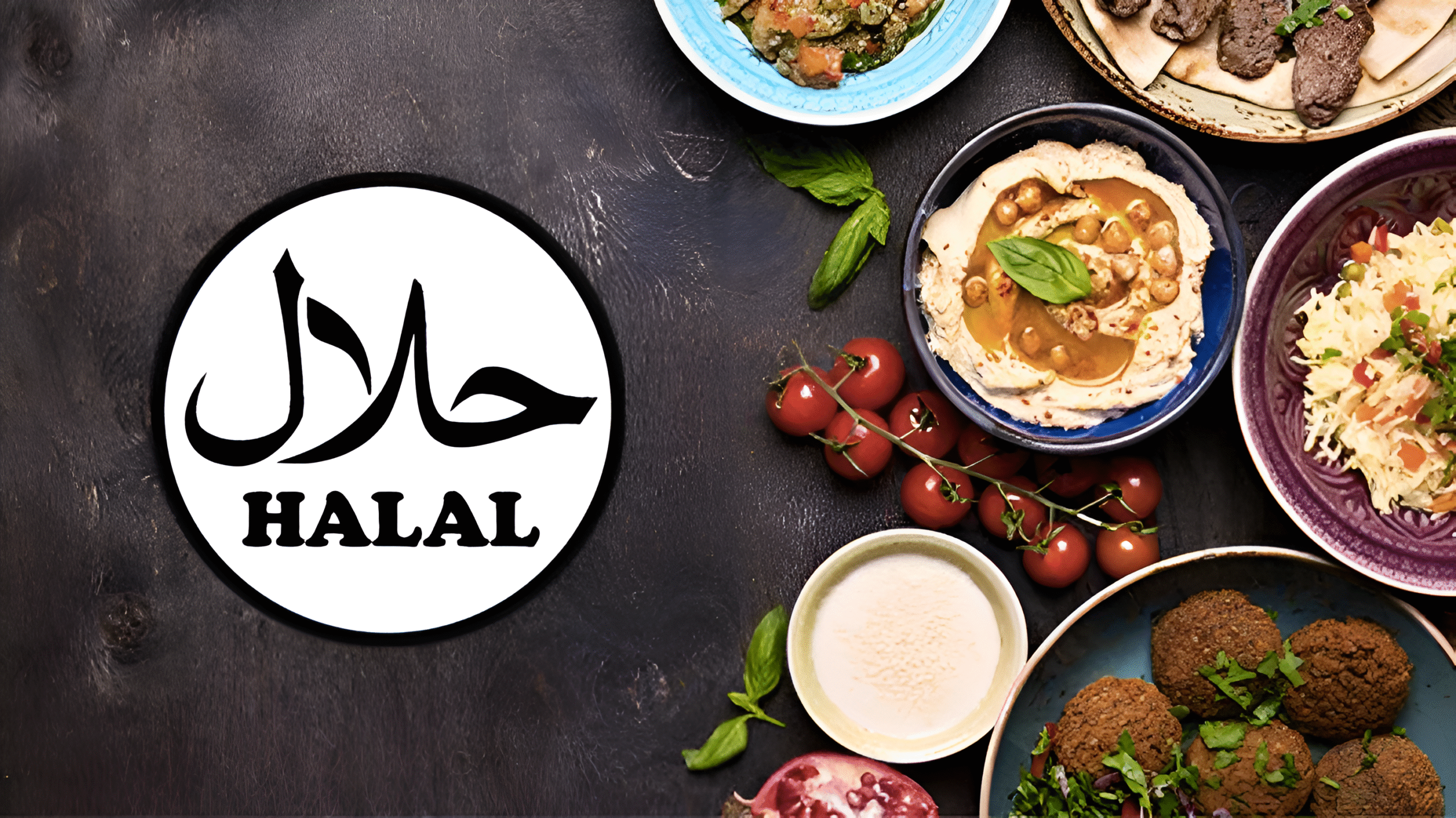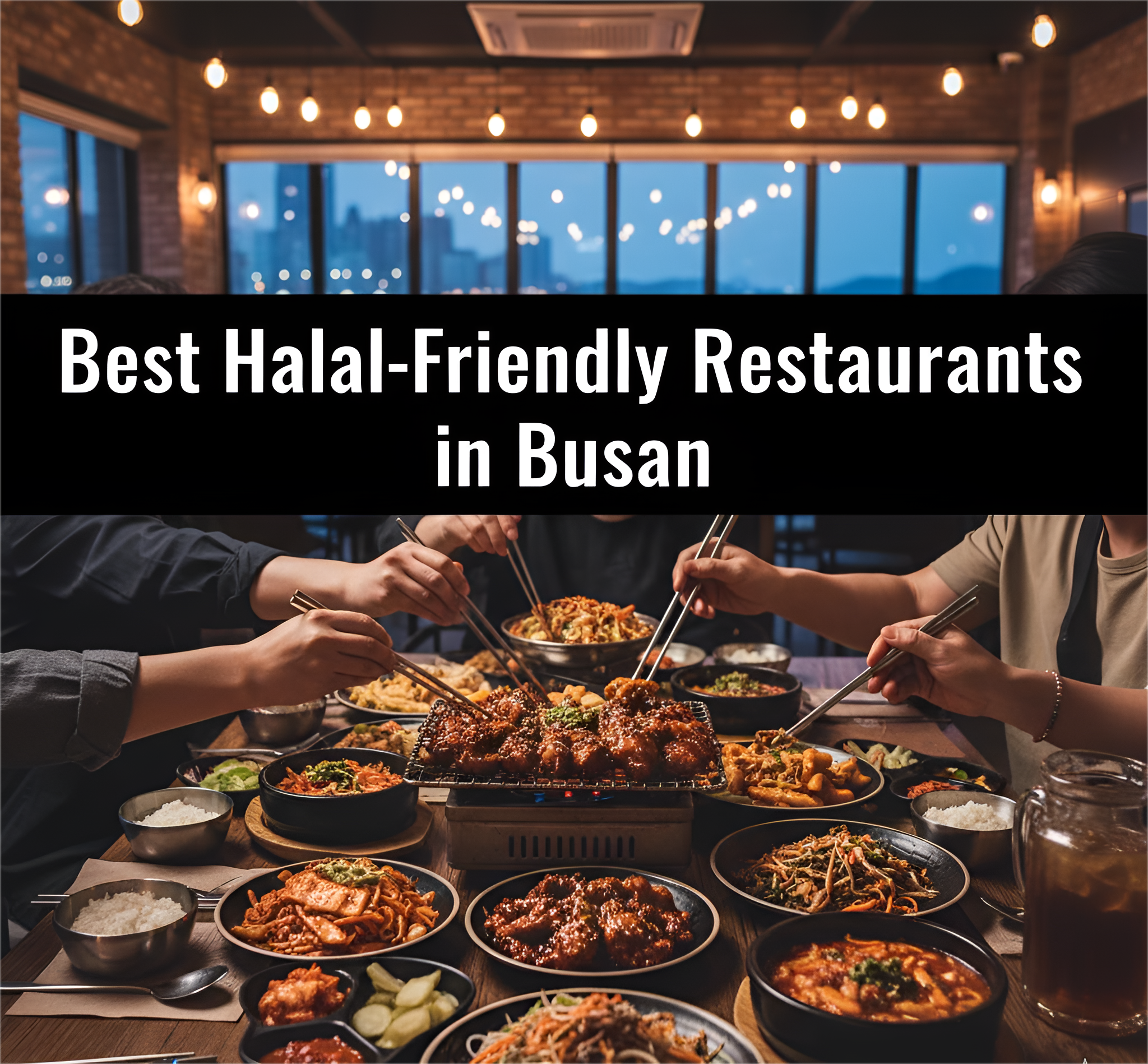Popeyes Halal Status: US, UK, Canada & Key Ingredients

The Halal Puzzle of Popeyes: An In-Depth Exploration of a Global Fast-Food Chain
New Orleans, Louisiana – For millions of Muslims worldwide, the query of whether or not a mainstream fast food chain complies with Islamic dietary requirements is one that comes up over and over again. Among industry behemoths, Popeyes Louisiana Kitchen, its iconic red and white branding and fame-worthy crispy chicken, stands at the epicenter of this very question: Is Popeyes halal? The short response is a definitive “it depends,” one which gives rise to a complex examination of international supply chains, local franchising, differences in halal certification, and the numerous constructions of Islamic jurisprudence.
The path to discover the halal status of Popeyes is not a direct one. It winds across continents, from the urban metropolises of North America to the core of the Middle East and the dynamic bazaars of Southeast Asia. It follows the complexity of corporate policy and the independence of franchisees and unravels the pivotal function of halal certification bodies in bringing assurance to Muslim consumers. This in-depth article will navigate these complexities, offering a comprehensive and nuanced understanding of where Popeyes stands on the halal spectrum.
The North American Divide: A Tale of Two Policies
In the United States, the landscape for halal-conscious consumers seeking to enjoy Popeyes is fraught with challenges. The primary obstacle lies not in the chicken itself, which in some instances is sourced from halal-certified suppliers, but in the cooking process. One of the major surprises for the many has been Popeyes USA’s employment of beef tallow in their fryers. This practice, attested by several consumer questions and reports, immediately makes Pius the fried items, including the most popular chicken and fries, non-halal to the majority of Muslims since the tallow is not produced from a halal-slaughtered animal.
This one corporate policy in the US essentially outweighs any possibility of having a mass halal offering. Although anecdotal reports and rumors indicate that a few standalone individual Popeyes restaurants, sometimes in heavily Muslim-populated regions, might independently source and prepare chicken halal, these are exceptions to the rule and not representative of the franchise chain as a whole. These restaurants are outside the normal supply chain and must make serious steps to prevent cross-contamination with non-halal foods, a big task for any restaurant to undertake. For the typical Muslim shopper in the United States, there has to be the assumption of a default position that Popeyes is not halal.
The situation is dramatically different across the northern border. Popeyes has gone out of its way in Canada to accommodate its large Muslim population. Chicken served at every Popeyes restaurant in Canada is certified halal by the Islamic Food and Nutrition Council of Canada (IFANCC). This certification is carried across the whole supply chain, ensuring that the chicken comes from sanctioned suppliers who practice Islamic slaughtering rituals. Popeye’s has become a favorite among Canadian Muslims with this corporate-driven initiative. It’s not without controversy, though. Muslim debates over the acceptability of mechanical slaughter, a practice sometimes used by mass suppliers, continue. Although IFANCC and other certification schemes find it acceptable under certain conditions, there are still Muslims who insist on the more stringent criterion of hand-slaughtered meat. This serves to underscore the variations in opinion within the Muslim community itself and the need to grasp the exact criteria of a particular certifier.
A Beacon of Halal in the UK: The Stratford Anomaly
The condition in the United Kingdom replicates the complexity witnessed in North America, though on a reduced scale. The UK Popeyes had no halal items on offer for years. With its rapid expansion in the British market, though, the company has started moving towards accommodating local demography. One key development has been the certification of Popeyes in Stratford, London, as halal. This individual store has its chicken Halal certified by the Halal Monitoring Committee (HMC), a UK organization renowned for having high standards, including a complete ban on stunning and a hand-slaughter requirement.
The Stratford store’s HMC certification is a milestone in Popeyes’ UK career, indicating a willingness to meet the local Muslim community’s needs. Still, it’s worth mentioning that this certification is site-specific. The overwhelming majority of other Popeyes restaurants throughout the UK are not halal-certified. This puts consumers in the position where they have to be careful to check the halal status of each respective restaurant. The Stratford case is one possible model for future growth in multicultural neighborhoods but so far an exception.
The Halal Heartlands of Popeyes: Popeyes in Muslim-Dominant Nations
Not surprisingly, the story of Popeyes’ halal status changes vastly when we redirect our focus towards Muslim-majority countries. In nations throughout the Middle East and Southeast Asia, where compliance with halal requirements is a legal and cultural necessity, Popeyes is a wholly halal chain. In these parts of the world, the whole menu, from the chicken to the sides and the sauces, is made in line with Islamic law.
Local Islamic authorities and certifying organizations in the case of Saudi Arabia, the United Arab Emirates, Malaysia, and Indonesia are responsible for ensuring ingredients are procured, the process of slaughtering, and the food preparation is totally halal compliant. This is not an option by consumer choice but by regulation for food service providers. Muslim consumers in these nations have no doubt that Popeyes stands as a trusted halal choice. This regional consistency proves that Popeyes, being a multinational giant, has the ability and determination to adjust its operations according to the rigorous standards of an entirely halal market.
The Intricacies of Halal Certification: Not All Seals are Created Equal
Comprehension of varying halal status of Popeyes worldwide requires a closer examination of the realm of halal certification. Organizations issuing the certification work with diverse standards and approaches, which can result in varying levels of acceptance among the Muslim population.
As noted earlier, in Canada, Popeyes chicken is certified by the Islamic Food and Nutrition Council of Canada (IFANCC). IFANCC is a prominent North American certifier with standards for poultry slaughter, which in certain situations may include mechanical slaughter, as long as specific conditions are fulfilled, including the recitation of the tasmiyah (calling out the name of God) over the birds.
In the United Kingdom, the Stratford Popeyes is accredited by the Halal Monitoring Committee (HMC). The HMC has a reputation for very stringent standards, which are preferred by most Muslims who adhere to a more orthodox understanding of halal. Important aspects of HMC accreditation include a total ban on any method of stunning prior to slaughter and a firm insistence upon hand-slaughter by a Muslim. The availability of the HMC seal at the Stratford site gives a high degree of confidence to a large section of the UK Muslim community.
In Muslim countries, national authorities sanctioned by government or generally accepted across a country play the key role of certification. These authorities have the weight of law behind them and are well entrenched in the food industry of production and importation.
This difference in standards of certification highlights the need not only to seek a “halal” stamp, but also to know what that stamp means. To one person, an IFANCC certification in Canada may be just fine, whereas to another, only an HMC-type certification would do.
The Consumer’s Voice: Navigating a Complex Landscape
The complex and varied landscape of Popeyes’ halal status has resulted in a rich and active discourse among the Muslim population. Online discussion groups, social media pages, and community websites contain posts, arguments, and personal anecdotes about eating at Popeyes.
In America, the dialogue is frequently one of warning and dismay, with people cautioning against the consumption of any fried foods based on the use of beef tallow. There is also an impatience about not having a clear and distinct corporate policy regarding halal.
In Canada, the discussion is generally positive but goes into nuances about hand-slaughter vs. mechanical. Some are totally confident in the IFANCC certification, and others prefer those restaurants that use hand-slaughtered meat.
In the UK, Stratford Popeyes’ HMC certification met with excitement, but also with demands for more transparency and widespread implementation of halal methodology chain-wide.
These consumer forums reflect a community that is very much aware of its food obligations and is increasingly expecting more openness and responsibility from multinationals involved in the food business.
The Verdict: A Global Patchwork of Halal Compliance
So is Popeyes halal? The ultimate verdict is a rich tapestry made up of geography, corporate practice, franchisee initiative, and the varied understandings of Islamic law.
- In the United States: By and large, Popeyes is not halal because they fry in non-halal beef tallow. The isolated few franchises that have some halal offerings are exceptions and must be individually checked.
- In Canada: All Popeyes restaurants offer halal-certified chicken, as attested by their affiliation with the Islamic Food and Nutrition Council of Canada (IFANCC). Consumers must be informed that this certification might involve mechanically slaughtered chicken.
- In the United Kingdom: Popeyes is location-dependent in its halal status. As of now, only the Stratford branch in London is known to be HMC-certified halal. All others are to be considered as non-halal unless otherwise indicated.
- In Muslim-Majority Countries: Popeyes is a fully halal chain, with everything on its menu complying with local Islamic dietary regulations and certified by established authorities.
For the responsible Muslim consumer, transacting business within the realm of Popeyes calls for effort and initiative. It is a realm in which the same brand may have entirely disparate connotations based on geographical position. The responsibility, therefore, lies with the person to seek, to confirm, and to make a well-informed choice based on his or her own comprehension and deference to Islamic dietary rules. The Popeyes tale and its connection to the worldwide Muslim community is a strong example of the increasing convergence of religion, food, and globalization in the 21st century.
For more like this visit : Hilalinfohub



Post Comment